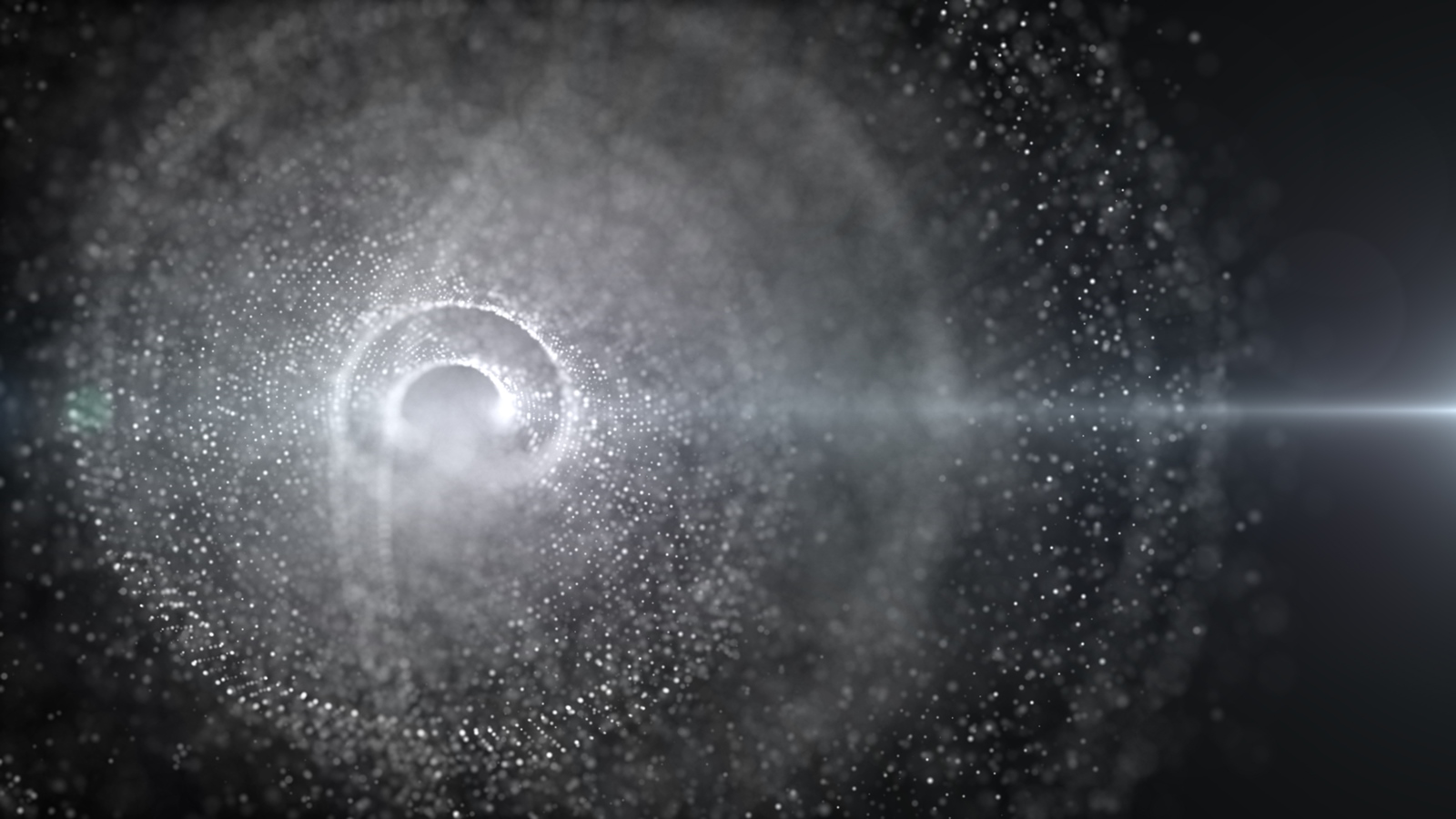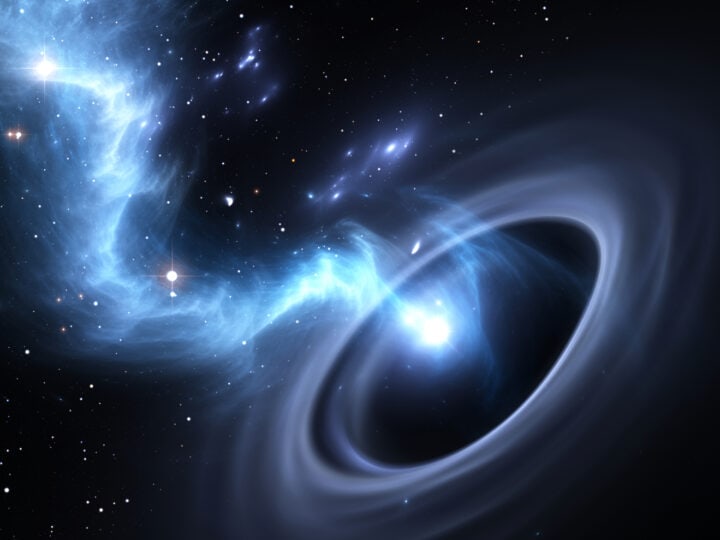Does dark matter exist? Astronomical measurements say yes, but it’s never been detected.
Ben-Gurion University of the Negev (BGU) is now leading the search for the illusive matter, which is hypothesized to be one of the basic components of the universe, five times more abundant than ordinary matter.
BGU will construct and operate an advanced dark matter detector based on the theory that some types of dark matter produce a signal imitating a magnetic field and may therefore be detectable by extremely sensitive magnetic sensors.
The project will bring together experts in the fields of atomic spectroscopy, magnetic sensors, lasers and optics, atomic clocks, and advanced electronics.
BGU quantum physics and nanotechnology professor Ron Folman will lead the project in collaboration with Prof. Derek Jackson Kimball of California State University East Bay.
Folman also heads BGU’s Atom Chip Lab. Other BGU researchers involved include his colleagues David Groswasser, Meni Givon, Prof. Reuben Shuker (head of the quantum magnetometry group), David Levron, Andrei Ben-Amar Baranga and Asaf Gross.
Astronomical observations have confirmed that only about 15 percent of the material in the universe is composed of “ordinary” (baryonic) matter. Nearly 85% is the mysterious dark matter, whose gravity can be measured indirectly via its effects on galaxy clusters and rotation rates of galaxies.
“The scientific community [has concluded] that a very large portion of the mass in the universe does not emit light and is therefore invisible to our telescopes,” said Folman. “This has led to the dark matter paradigm. The essence of this project is to find new methods to detect this material.”
XENON1T, the world’s largest dark matter detector, launched earlier this year in Italy after three years of construction. Some 135 scientists are participating in the project, including researchers from Israel.
The new BGU-led initiative is partly funded by a joint grant from the American National Science Foundation and the U.S.-Israel Binational Science Foundation.

















